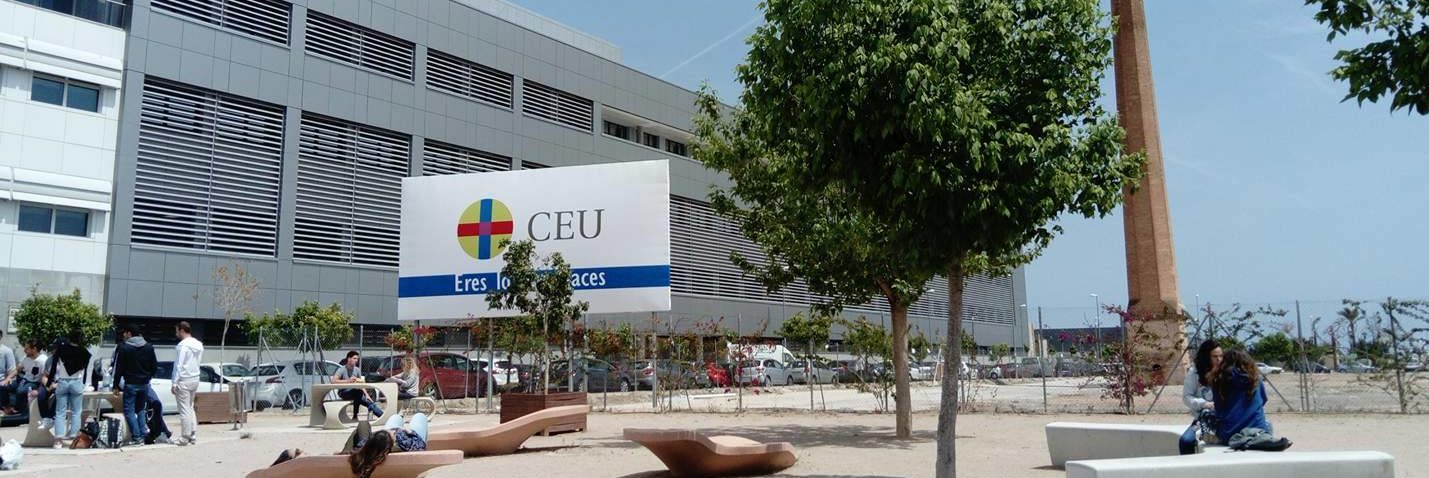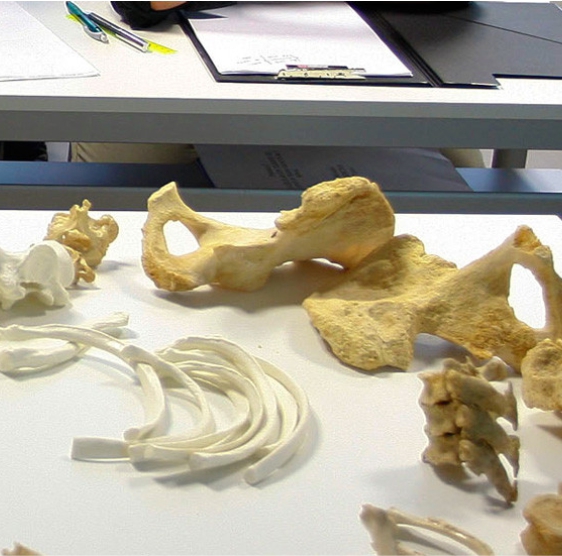Study Medicine in Spain
We have partnered with one of the most prestigious universities in Spain: CEU Cardenal Herrera University.
The Medicine Degree offers a holistic education laden with ethical values. Each student gains new attitudes, knowledge and confidence to excel in their medical vocation. CEU is committed to academic and professional excellence and the integral formation of their students.
Each student benefits from the variety of Medical Placements with the guaranteed assistance of an Active Tutor, specifically designed to ensure personalised attention during clinical practice. In this way, the teaching and learning goes beyond the lecture theatre.
CEU is equipped with dissection and anatomy rooms, laboratories, microscopy, advanced simulation, IT and study suites as well as multimedia rooms.Standards and Facilities
International Recognition of Qualifications
Practical Experience and Complementary Training
Medical Equipments & Laboratories
Programme Overview






